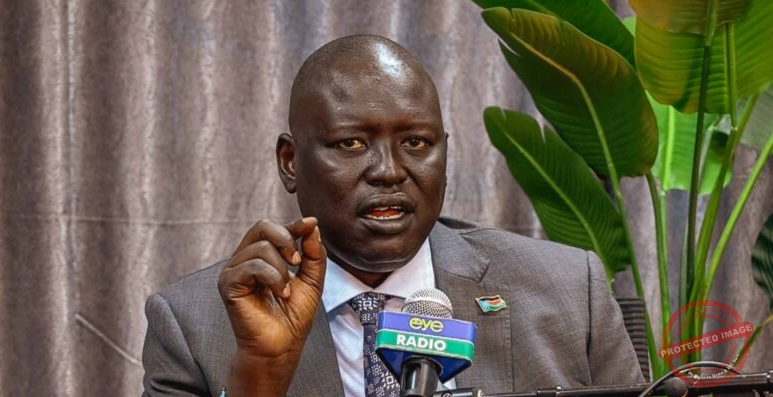The Ministry of Education and Sports has clarified the pressing concern among parents, teachers, and students: which curriculum will be adopted for Senior Five as students transition from the new competence-based lower secondary curriculum to upper secondary education? In an interview with Uganda Radio Network, Dr. Denis Mugimba, the Ministry of Education spokesperson, clarified that the Ministry has decided to modify the existing A-Level curriculum to align with the teaching and learning approaches of the new lower secondary curriculum.
“We are not introducing a completely new curriculum for A-Level this year,” Dr. Mugimba explained. “Instead, we will have an abridged version of the current curriculum, adapted to meet the competence-based requirements currently being used in O-Level.”
The process of abridging the curriculum will involve the National Curriculum Development Centre (NCDC) reviewing and removing outdated content, as well as addressing duplication and overlap in subject syllabi.
Dr Mugimba who is also the technical advisor to the minister of education and sports Janet Kataha Museveni said that the goal is to streamline the curriculum, making it more learner-friendly and allowing students to continue using the teaching methods they have become accustomed to.
Mugimba further emphasized that the abridged curriculum will not introduce new content, nor will it require new textbooks or teaching materials. Teachers and students will continue to use existing resources, though any critical content necessary for A-Level—such as the mole concept in Chemistry, which was introduced at O-Level—will be communicated to teachers as an additional supplement to the abridged syllabus.
Sources at NCDC have confirmed that the process of finalizing the abridged curriculum is nearly complete. “NCDC is handling its part very well. however, for official communication you will need to talk to people at the ministry,” the source noted.
However, Filbert Baguma, the Uganda National Teachers’ Union General Secretary, stressed the need for timely communication to teachers and other stakeholders. Baguma urged the Ministry to ensure that educators receive any necessary clarifications on the syllabus content, as well as potential retooling, to avoid the confusion experienced during the rollout of the O-Level curriculum.
In 2020 when the lower secondary curriculum was rolled out, NCDC began reviewing the upper secondary curriculum to ensure a smooth transition for students However, the progress was delayed due to budget cuts brought on by the economic impacts of the COVID-19 pandemic.
In February last year, Dr. Joyce Moriku Kaducu, the State Minister for Primary Education, informed Parliament that while NCDC was still working on developing a competence-based A-Level curriculum, Senior Four students would not transition to this new system when they move to upper secondary next year.
The following day, First Lady and Minister of Education Mrs. Janet Museveni clarified that technical teams in the education sector had assured the Ministry that allowing students from the revised lower secondary curriculum to progress into the existing A-Level system would not compromise their subject understanding or academic preparedness for higher education.
She added that while the Ministry had initially planned to revise the A-Level curriculum, the process would be slowed down. Instead, resources would be focused on consolidating the successful implementation of the revised lower secondary curriculum.
At the time, NCDC had made significant progress in developing the A-Level competency-based curriculum. A needs assessment had been completed, and consultations with stakeholders had been carried out. Furthermore, a draft framework for the new curriculum was already in place, incorporating several changes to the current A-Level education format.
Meanwhile, in September of the previous year, officials at NCDC informed the Amanya Mushega led Commission, which had visited their offices in Kyambogo, that the Ministry of Education and Sports had approved the development of a new A-Level competency-based curriculum. They assured the Commission that the Centre would soon begin the process to ensure the new curriculum would be finalized before the start of the 2025 academic year.
However, all of this is now in the past. Dr. Denis Mugimba has stated that the development of the new curriculum will take four years, meaning that a fully developed A-Level curriculum is not expected until 2028 at the earliest.
With the new academic year starting soon, the pioneer cohort of students who studied under the revised lower secondary curriculum will be starting A ‘level on February 3, 2025.










